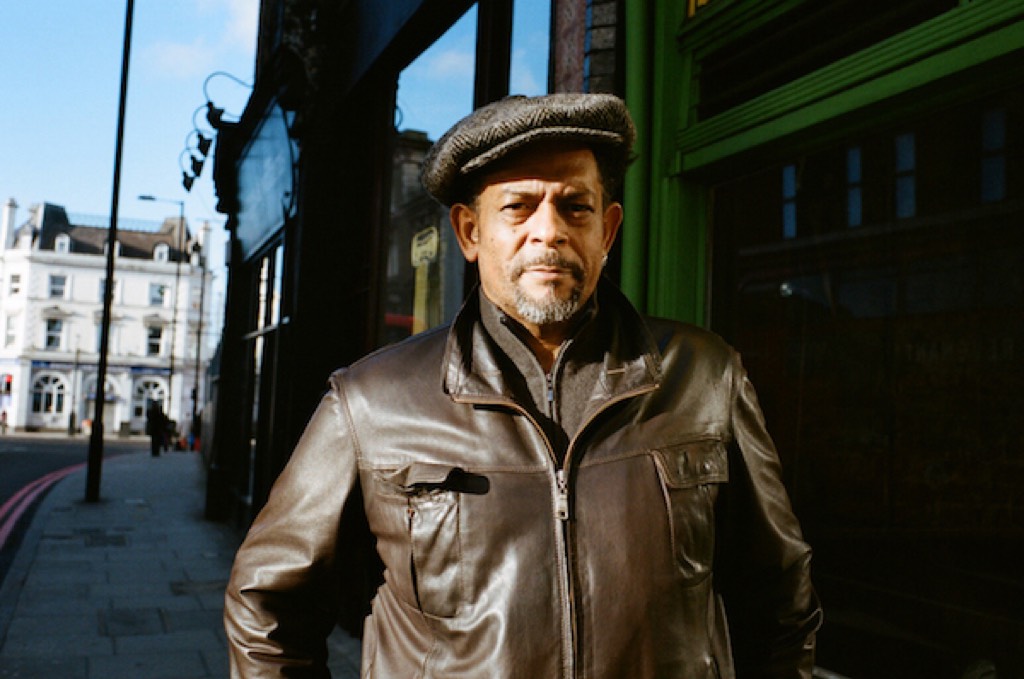Michael McMillan
So when I came to Centerprise, I suppose one of the reasons I may have been employed, I was the token, I was the first black person to work in the publishing, even though it had been created, I have heard, by a black person, Glenn Thompson before. I was the first person.
Now in, in the process of doing that work I began to realise that, in terms of Centerprise’s or the Publishing Project’s approach to so-called working class, and I want to emphasise working class, because part of the kind of Federation of Worker Writers, they had this old socialist idea of work, you know, and class. And, somehow saw, well, black people as not part of the working class, as something else. And I questioned that, you know, because, even at that point I was conscious of class. Well, we’re part of the working class. I’m from a working-class background. I was clear about the distinctions. But I was aware that in a sense, unconsciously or consciously, it seemed as though black writers were seen as, like, another class, or an underclass, somehow. So I felt that, to be a bit more inclusive, to start focusing, one, on, on black writing. Because, I also felt that, the way that black writing or black writers had been published, it was a bit paternalistic really, in a way. They weren’t really involved in the kind of, the publishing process. It was like an afterthought on some level. Not to say, Centerprise had published some black work, but I wondered how much, in encountering that black work, it had transformed Centerprise itself.
Now the other question here with Centerprise at the time is a collective, and, being in the Publishing Project, which was basically at the top of the building, was a kind of metaphor for the hierarchy in the organisation. So while it was a collective, and everybody did everything, so we all rota’d, we did, I worked in the caff, everybody rota’d, in terms of where they worked, most of the other black people worked in the caff. I was the only black person working in a high level, intellectual kind of activity such as publishing. I mean that’s a high end, intellectual kind of work.
Michael McMillan was born in High Wycombe in 1962, to parents from St Vincent in the Caribbean. In the early 1970s the family moved to Hackney and Michael recounts his time at the eccentric Daneford Boys School (attended by the infamous Kray Twins and where Michael was taught by a mixture Trotskyite, Anarchist and some National Front teachers), his early engagement with the arts through writing, and his experience of attending FESTAC ’77 (Second World Festival of Black and African Arts & Culture) in Nigeria 1977. At 16, Michael’s play The School Leaver, published by Black Ink in Brixton, was performed at the Royal Court Theatre’s Young Writers Festival.
Hired as a publishing worker at Centerprise in 1987, Michael contributed to the production of Not All Roses (1987) by the Black Anthology Group, ran a weekly Black Writers Workshop out of which emerged the Words, Sounds & Power journal and received funding from Greater London Arts for his role as a Black Literature Worker. Amidst a critical examination of the class and race politics of the 1980s Michael situates and describes his very mixed experience of being the first black publishing worker at Centerprise and presents a picture of the Centerprise collective as less than democratic and at times hypocritical. He explains the ‘soft resistance’ he encountered as a black male in a largely white female (and ‘middle class’) organisation, and then recounts the sequence of events that led to him eventually losing his job at Centerprise in 1989. Michael is a playwright, artist/curator and academic.
Interviewed by Charlie Clarke.




